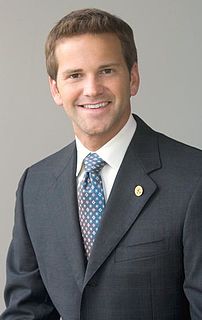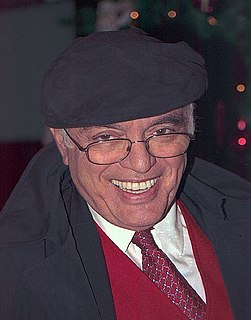A Quote by William Lee Miller
Abraham Lincoln did not contend that his actions were immune from Congressional correction; on the contrary, he specifically said he was acting beyond the present provisions in the expectation that congress would retroactively approve, which they did. He did not say anything like Richard Nixon: if the president does it is legal.
Related Quotes
Abraham Lincoln did have intellectual instincts, a tremendous curiosity on a broad range of subjects, and a near-photographic memory for what he read. He was, at the end of the day, a politician: politics were his heaven, said William Herndon. But Lincoln did take comfort in ideas and books, more so than almost any other president, and he went to books and ideas in moments of perplexity to sort things out. Philosopher, no, but thoughtful and "surprisingly well-read" for his day.
I am asked often about Abraham Lincoln's mistakes and faults; he certainly made some mistakes. I have chapter in President Lincoln about the Powhatan affair that was a royal screw-up in the early days - right alongside the Sumter affair. Lincoln signed letters he should not signed, and the ship was sent to two places at one under two captains etc. Fortunately, no great harm. Lincoln took the blame and did not do anything like that again.
The world is wrong. You can't put the past behind you. It's buried in you; it's turned your flesh into its own cupboard. Not everything remembered is useful but it all comes from the world to be stored in you. Who did what to whom on which day? Who said that? She said what? What did he just do? Did she really say that? He said what? What did she do? Did I hear what I think I heard? Did that just come out of my mouth, his mouth, your mouth? Do you remember when you sighed?
You say that your fare told you that he was a detective?" "Yes, he did." "When did he say this?" "When he left me." "Did he say anything more?" "He mentioned his name." Holmes cast a swift glance of triumph at me. "Oh, he mentioned his name, did he? That was imprudent. What was the name that he mentioned?" “His name," said the cabman, "was Mr. Sherlock Holmes.
An American leader would be derelict of duty if he did not seek to understand all his options in such unprecedented circumstances. Presidents Lincoln during the Civil War and Roosevelt in the lead-up to World War II sought legal advice about the outer bounds of their power - even if they did not always use it. Our leaders should ask legal questions first, before setting policy or making decisions in a fog of uncertainty.
With nearly two years remaining in his presidency, George W. Bush is alone. In half a century, I have not seen a president so isolated from his own party in Congress - not Jimmy Carter, not even Richard Nixon as he faced impeachment. Republicans in Congress do not trust their president to protect them.
Changing things is not easy, and I say this without any irony. It is not that someone does not want to, but because it is a hard thing to do. Take Obama, a forward-thinking man, a liberal, a democrat. Did he not pledge to shut down Guantanamo before his election? But did he do it? No, he did not. And may I ask why not? Did he not want to do it? He wanted to, I am sure he did, but it did not work out. He sincerely wanted to do it, but did not succeed, since it turned out to be very complicated.
You can look at what I did in the Senate. I did introduce legislation to rein in compensation. I looked at ways that the shareholders would have more control over what was going on in that arena. And specifically said to Wall Street, that what they were doing in the mortgage market was bringing our country down.
I've been doing Nixon pretty much my whole professional life. I was in this comedy group called the Credibility Gap in Los Angeles when he was president. I was doing Nixon on the radio, and when we did live shows I physicalized him - if that's a word - for the first time. And then I did a Nixon sketch on a very short-lived NBC show called Sunday Best.































